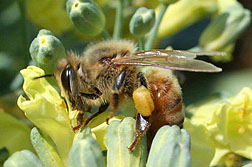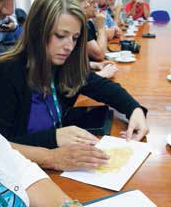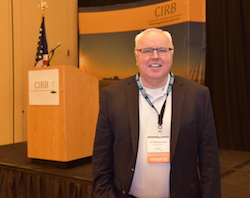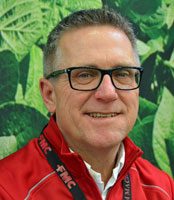 A coalition of agricultural leaders is calling on the presidential candidates to commit to publicly support U.S. agriculture. Ag America has developed a set of “Principles for Our Ag Future” that “outline the path forward to ensure that American agriculture continues to be the envy and leader throughout the world.”
A coalition of agricultural leaders is calling on the presidential candidates to commit to publicly support U.S. agriculture. Ag America has developed a set of “Principles for Our Ag Future” that “outline the path forward to ensure that American agriculture continues to be the envy and leader throughout the world.”
“Ag America is calling on all of the fine men and women running for president to publicly commit to supporting American agriculture,” said Ag America Advisory Board Member and former Member of Congress Richard Pombo. “America’s elected leaders and policy makers must commit to protecting our ag future. When 4 out of 4 people in the world have to eat every single day, you can’t overstate the importance of sticking to these principles.”
“U.S. agriculture helps drive the economy and feeds the world. The core principles outlined by Ag America will help ensure that the policies coming from Washington, D.C. support our farmers by creating new trade opportunities, limit regulatory overreach and support the next generation in agriculture,” said Iowa Secretary of Agriculture Bill Northey.
“Too many people, and this includes policy makers in our nation’s capital, take the food on their tables for granted,” said Louisiana Commissioner of Agriculture and Forestry Mike Strain. “If we as a nation don’t take the steps now to responsibly, and proactively act on our ag future, future generations the world over will be faced with decisions that were 100% avoidable had the leaders of today simply stood on principle.”
The principals include enhancing economic development opportunities to improve access to agriculture markets around the world, advancing the science of agriculture by supporting common sense regulations to protect environmental and energy resources, and supporting the education of the next generation of America’s farmers through emphasis on science, technology, engineering, agriculture, and math.
Ag America is a Super PAC active in local, state, and federal elections dedicated to electing candidates who support American agriculture. It was formed in response to the lack of a unified national strategy supporting candidates and officeholders with proven records of supporting agriculture.
 Protecting pollinators is part of the GROWMARK sustainability initiative called ENDURE.
Protecting pollinators is part of the GROWMARK sustainability initiative called ENDURE.  Because pollinator health is so critical, Ruppert says GROWMARK started a pollinator program as part of ENDURE. “We have access through our seed division of pollinator mixes of flowers people can grow to promote bee health,” said Ruppert. “So all of our members across Illinois, Iowa, Wisconsin, Ontario are participating in the program to plant pollinator gardens to promote bee health.”
Because pollinator health is so critical, Ruppert says GROWMARK started a pollinator program as part of ENDURE. “We have access through our seed division of pollinator mixes of flowers people can grow to promote bee health,” said Ruppert. “So all of our members across Illinois, Iowa, Wisconsin, Ontario are participating in the program to plant pollinator gardens to promote bee health.”











